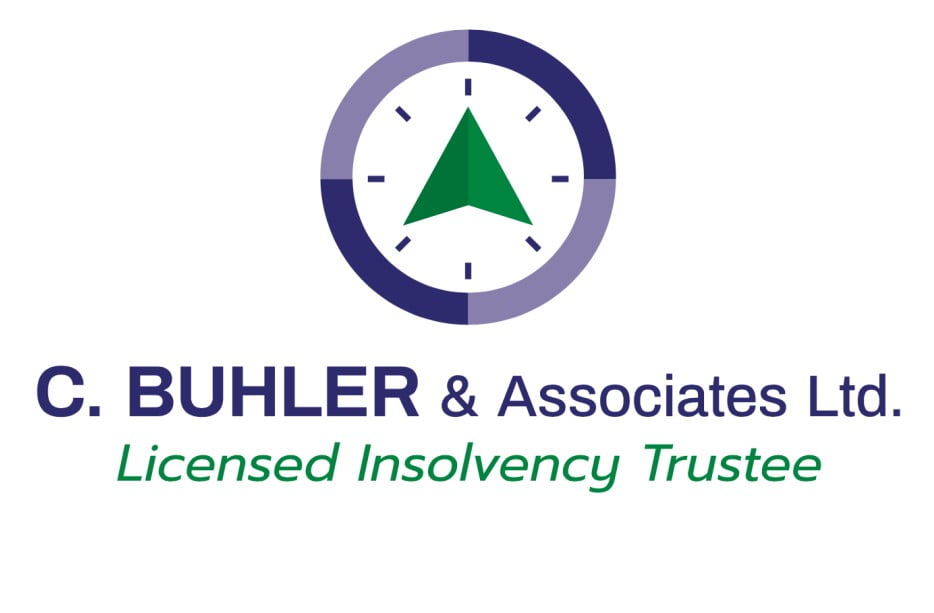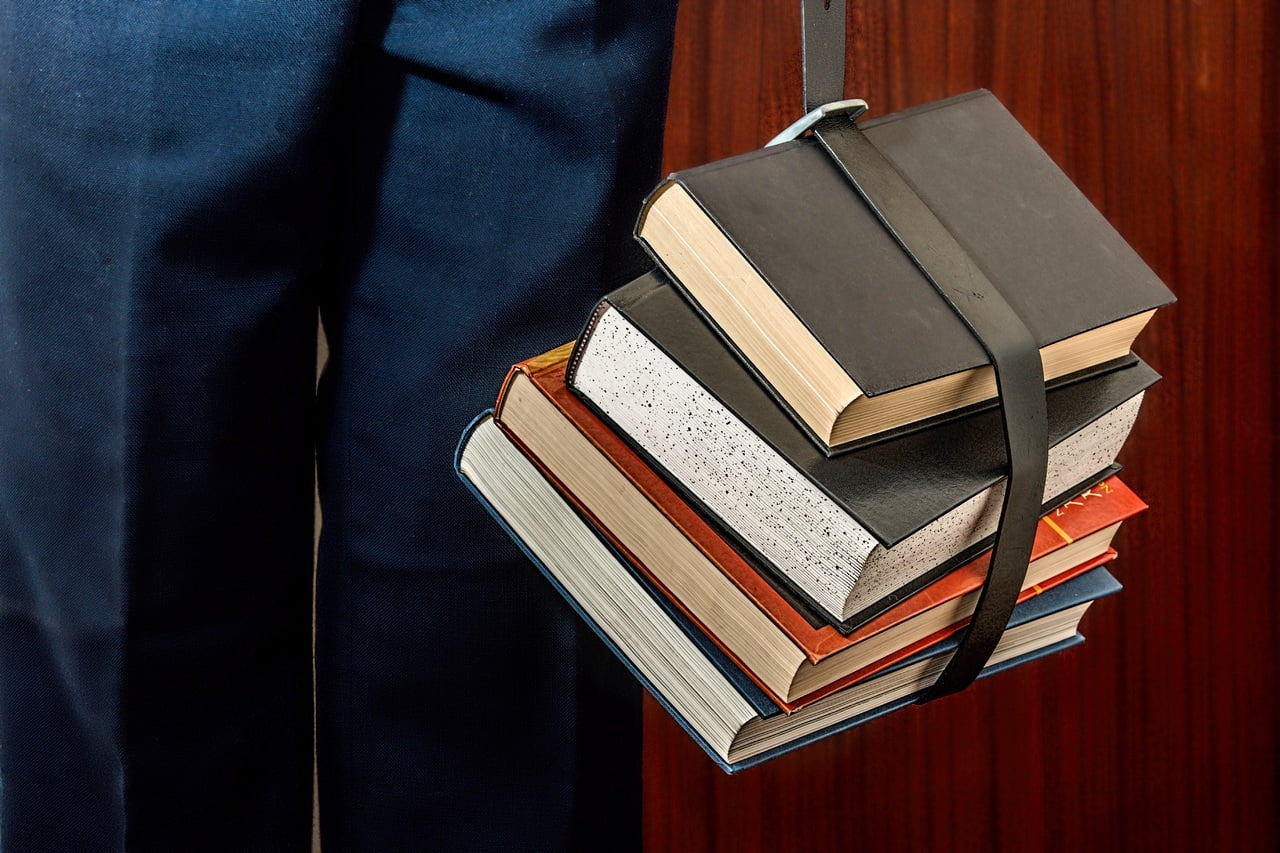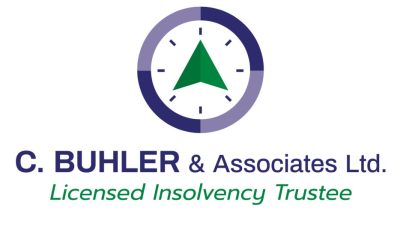After completing years of study, many students are facing difficulty repaying National Student loan debt (or provincial/territorial student loans). One of the options is a consolidation loan. But is consolidating the debt into a line of credit, or other credit product, a good idea? What happens when you can’t make a scheduled payment on your government student loans?
First, consider your income tax situation. Did you know that the interest on government student loans is deductible on your taxes as a non-refundable tax credit? So, for those who have graduated, and found a well-paying job, you might appreciate the tax savings when you file your tax return. For those students who aren’t yet taxable, they may be able to carry-forward the credit, and take advantage of the tax savings in a future period. Conversely, interest costs on regular consumer debt- line of credit, or consolidation loans, isn’t deductible for tax purposes in most situations. For an extra debt repayment advantage – take the increased tax return and make a lump sum payment on the student loan!
Second, don’t wait! Just because there is a 6-month grace period following graduation before your payments on student loans start, doesn’t mean you can’t make voluntary payments. Did your family give you a cash gift for graduation? Make a payment on the loan! Did you sell off your ‘student furniture’ and relocate for your new career? Take your yard sale proceeds and pay down your loan! A rule of thumb would be to continue to live like a student until that loan is paid off. Any amounts you can decrease the loan during the grace-period will save you interest in the long run.
If your career is taking a little longer to launch after graduation, and your repayment plan is going to begin, investigate repayment assistance. The Repayment Assistance Plan (RAP) may reduce or eliminate your monthly payment, for a set period of time. If your inability to repay relates to a disability, you may qualify for reduced payments or other financial help related to your disability.
If you find that those options aren’t working for you, contact us for a free consultation. In certain cases, you may qualify to include your student loans in a Consumer Proposal (or bankruptcy) if you have been out of school for more than seven years. Wondering how bankruptcy affects your student loan debts? See what the Government of Canada has to say. Considering a debt management plan to deal with your student loan debt? You may find that a consumer proposal will consolidate more different types of debt than a debt management plan, while generally offering a lower payment. If you would like to see what your options are for dealing with your Student loan debt, speak with our Licensed Insolvency Trustee today.





